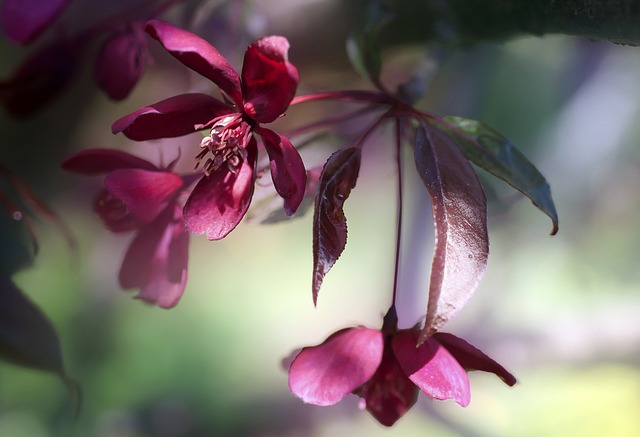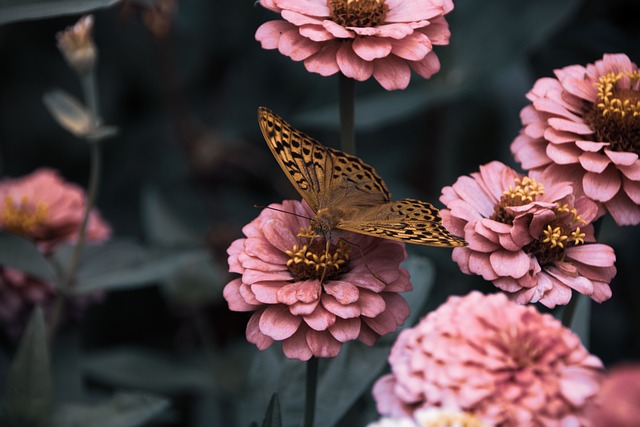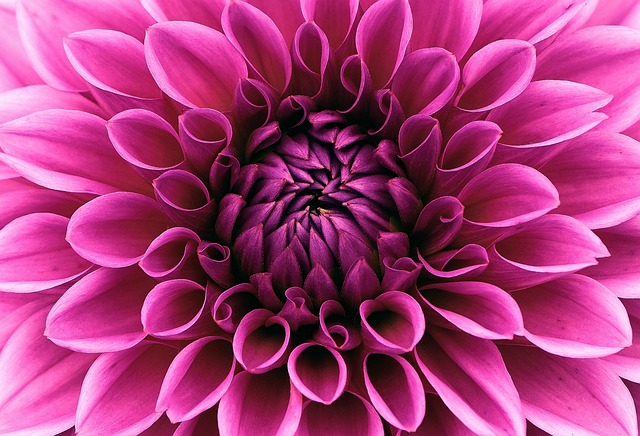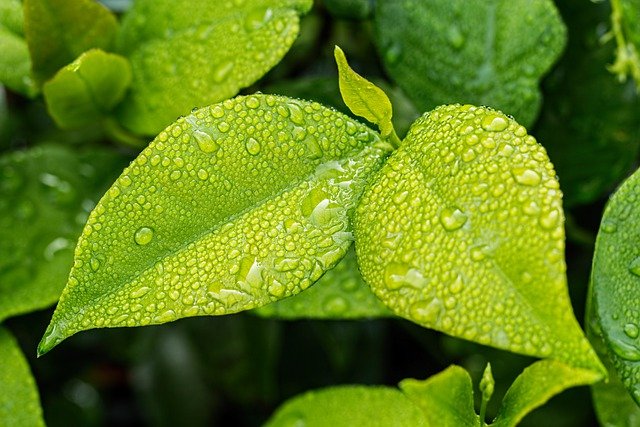
Organic horticulture has become more popular with increased concern about the effects of fertilizers and chemicals on the environment, as well as overall health. Organic horticulture is also cheaper; you don’t have to spend as much money on tools and equipment. Here are some fundamental tips to get you well on your way to being a successful organic gardener.
Try not to cause shock to your plants by gradually changing their conditions and temperature. Put them out in the sun for approximately one to two hours on the very first day. Over one week, gradually build up the amount of hours you leave the plants outside. If you do this correctly, the plants should be able to make their final move at the end of a week’s time.
Cover fences and walls with lots of climbers. Many climbers are so robust that they can cover an unattractive wall or fence in a single growing season. No need to worry if a bush or tree is in the way, as climbers can grow through them. Also, they can match the shape of an arbor. Some require ties attaching them to supports, but others will attach themselves to any surface nearby. Excellent varieties include honeysuckle, wisteria, jasmine, climbing roses and clematis.
When it comes to harvesting your vegetables, know when the optimal time is to do so. Each type of vegetables has its own ideal time for picking for the best flavor. For example, some plants, such as zucchini and baby peas, have the most flavor when harvested while young. Tomatoes, however, should be plucked from the vine the moment they appear ripe. Remember that the vegetables will taste best if you harvest them at the proper time.
Horticulture is an incredible method of relaxing. Countless methods of unwinding from the stresses of life exist. Horticulture is an excellent choice for calming your mind and soul. It doesn’t require a lot of cash up front, but pays major dividends. You will feel great satisfaction by creating your own garden of tranquility.
Use care when you are watering the garden. You can save time by using soaker hoses when watering plants. By doing this, you won’t need to water your plants individually. Keeping the water pressure low on your soaking hose will help avoid harm to tender plants. Let the soaker hose do its thing for a couple hours, and your plants are watered.
Always dress appropriately when gardening in order to protect yourself from the harmful effects of the sun. Always apply sunscreen with an adequate SPF level. Wear sunglasses to protect your eyes. Finally, throw on a wide-brimmed hat to protect your scalp. Protecting yourself from the sun will lower the possibility of sunburn and skin cancer.
If you want a sustainable garden, leave a part of it undisturbed for wildlife to enjoy. This can be a good area for the types of insects that pollinate plants. It can also be a sanctuary for birds, which will help some plants thrive. This can greatly improve the production of your organic garden.
If you have recently sustained a cut, you should allow it to heal entirely before toiling in your garden. If you simply cannot wait to get back to horticulture, you should at least cover the cut to protect it. A cut or abrasion can become infected if it is not properly protected from dirt, pesticides and other irritants. However, there are bandages available that will seal the cut completely. Using these should protect the cut from any infection while horticulture.
Organic indoor plants may need additional light sources to make up for the light they miss out on by being indoors. This needs to be considered. If your home does not let in sufficient light, then consider getting plants that thrive in low-light situations. If you have a different type of plant, extra lighting can always help.
When you plant a seed, take your time. The first step is to moisturize the soil. You should then spread the seeds evenly, and make sure they have room to grow. Plant them depending on how big the seeds are. Certain types of seeds should simply be dropped on top of the soil due to needing sunlight for growth.
When planting your organic garden, spacing is an important thing to keep in mind. People often underestimate how much space plants will need when once they’re grown. The plants will inevitably need to unfurl and spread, but they also need the circulation of air from open spaces. Make sure that you map out your garden layout beforehand and place your seeds with an adequate amount of space in between each.
Over-watering your plants can be harmful, because roots that are drowning in water cannot effectively pull nutrients out of the soil. Check the weather for the next couple of days to see if you actually need to water your plants. After reviewing the weather forecast, you can decide whether or not to spend the time and resources watering the garden.
Grow your plants in different areas of the garden every year. When similar plants are planted in pretty much the same spot every single year, this can cause fungal and disease growth. These harmful elements remain in the soil and can damage the plants you place in that spot the following year. Rotating the types of plants that you grow will help to keep the fungi and diseases from gaining a foothold.
Botanical Insecticides
Research the local botanical insecticides which can be useful in deterring the pest population. Sometimes the natural insecticides can be even more powerful than the engineered synthetic pesticides on the market. However, because botanical insecticides are biological, they often decay and disappear quickly.
Applying the knowledge you learned here to your garden will help ensure you have a thriving, toxin-free garden of your very own. When your garden works with nature, you will also be able to notice an increase in the number of wildlife inhabiting your garden.









